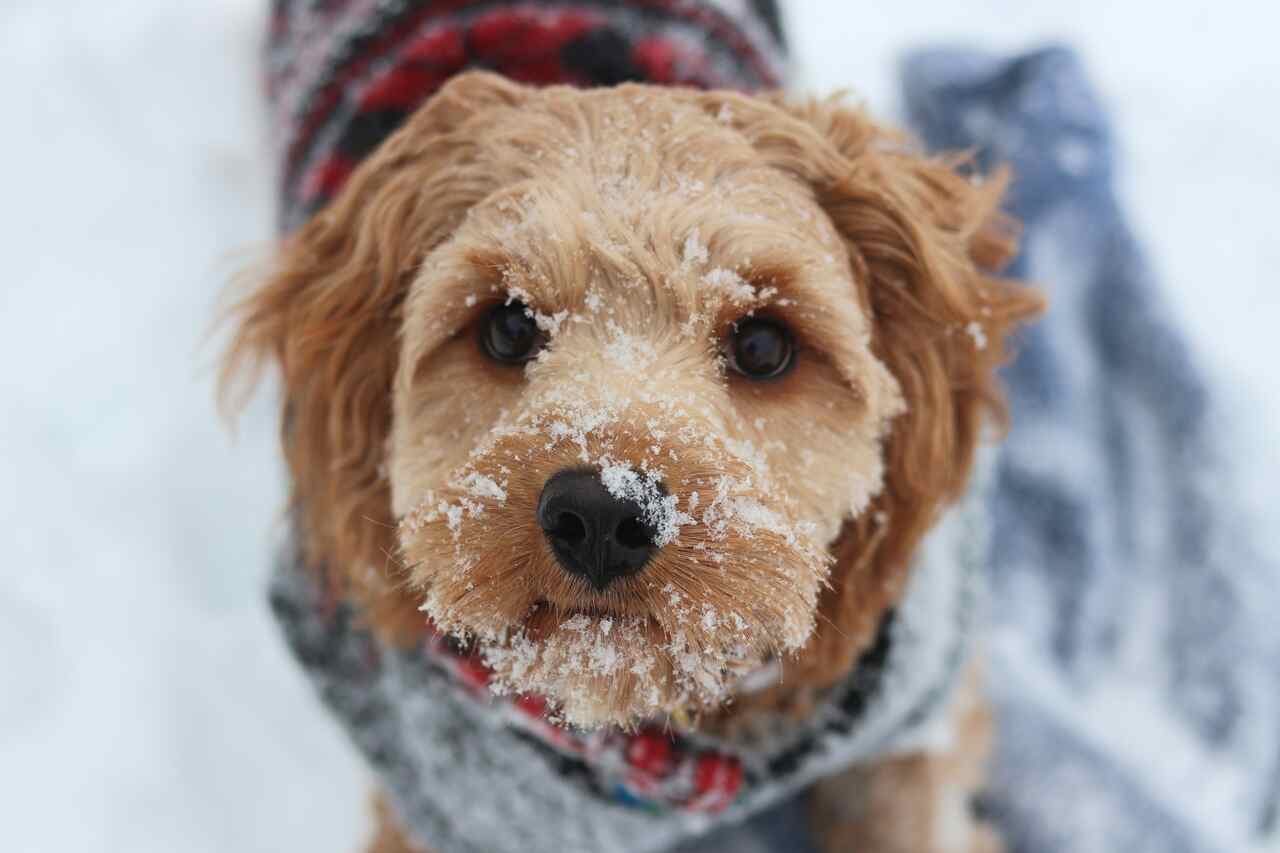
According to the Regional Council of Veterinary Medicine of the State of São Paulo (CRMV-SP), just like in humans, animals expend more energy to stay warm during the winter, which reduces their body’s defense capabilities. Respiratory illnesses, such as kennel cough in dogs and rhinotracheitis in cats, become more frequent during this period. Therefore, it is crucial to adopt preventive measures to ensure your pets’ well-being during the colder days.
+ Meet the ‘Colossus of Rhodes’, a giant cat with 10 families in Greece
Kennel cough, caused by viruses and bacteria, presents with symptoms such as dry cough, sneezing, and nasal discharge. According to Felipe Muniz, a professor of Veterinary Medicine at Newton Paiva, prevention can be achieved through vaccination, with options for intranasal, oral, and subcutaneous administration. “For cats, rhinotracheitis, caused by a herpesvirus, is not transmissible to humans but can be severe for felines. Vaccination with tetravalent and pentavalent vaccines is the main preventive measure against this disease,” says the specialist.
In addition to the risks of diseases, the cold can dry out animals’ skin and fur, increasing their vulnerability to skin infections. Thus, brushing is essential to remove loose fur and stimulate the production of natural oils. Although the fur acts as thermal insulation, clothing is an excellent ally to keep pets warm, provided it is comfortable and does not restrict movement. It is crucial for the owner to recognize the first signs of cold-related issues to prevent complications.
Maintaining a balanced and nutrient-rich diet is fundamental to strengthening pets’ immune systems during the winter. A suitable diet helps prevent illnesses and keeps the animal healthy. It is important to ensure that pets receive all the necessary vitamins and minerals, providing them with enough energy to face the cold and combat possible infections.
Older animals may experience more discomfort due to joint pain, such as arthritis and arthrosis, which tend to worsen in low temperatures. Therefore, it is important to provide thermal comfort and avoid intense physical activities that may exacerbate the pain. Massages and physiotherapy can be useful options to relieve the discomfort of pets with joint problems.
Preventing these issues in dogs and cats during the winter requires specific attention and care. Regular vaccinations, a balanced diet, coat care, and maintaining physical activity are essential to keep pets healthy. “A proper care routine and attention to signs of discomfort can ensure that pets get through the winter in a healthy and comfortable manner,” concludes Muniz.
About Centro Universitário Newton Paiva
With a tradition of being established for over 50 years, Centro Universitário Newton Paiva has two modern educational complexes with a high technological level in Belo Horizonte, MG. The institution has a faculty composed of masters and doctors and is among the top higher education institutions in Minas Gerais. It offers around 50 undergraduate programs and more than 90 graduate programs, divided between in-person and distance learning formats.
Renowned for its high academic quality and excellent infrastructure, with advanced laboratories, practice centers in various knowledge areas, and innovation centers, as well as the state’s first smart campus, the Smart Campus. It is also aligned with environmental issues, as it supports and promotes the 17 Sustainable Development Goals (SDGs).
This content was created with the help of AI and reviewed by the editorial team.

